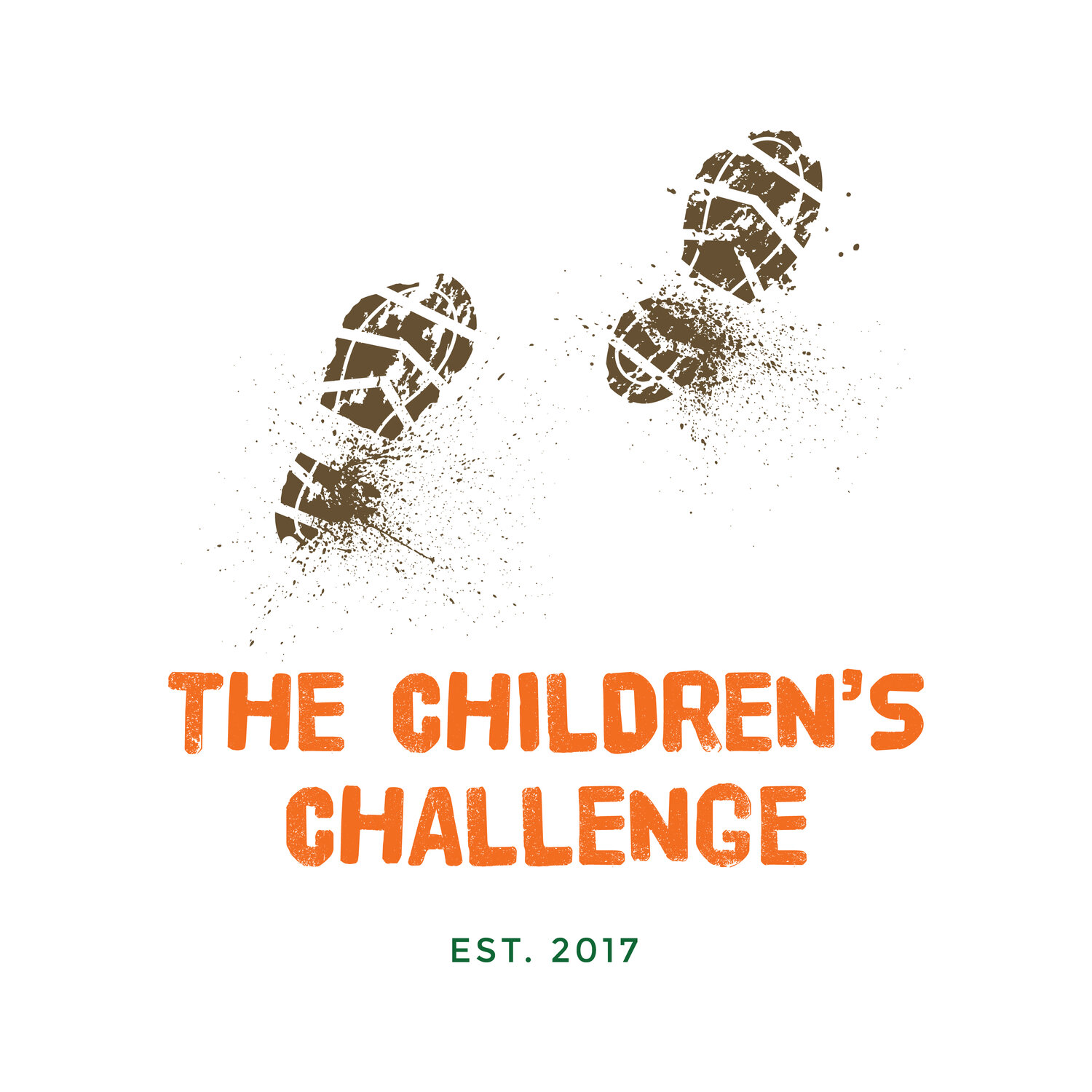The Children’s Challenge operates a partnership model that benefits children, families and schools. This model recognises both the financial and the resource constraints that many primary schools endure. It is hoped that The Children’s Challenge will be of huge interest to primary schools for what it offers the school community but also to the schools PTFA from a centrally organised, fundraising perspective.
Benefit to children:
The Expedition Societies and Virtual Challenges enable pupils aged between 4-11 to start to develop crucial character attributes such as confidence, resilience, determination, team work and empathy to become well rounded, energised individuals with a ‘can-do’ attitude. The Expedition Societies also enable children and families at ‘feeder schools’ to bond during joint expeditions in advance of meeting each other at secondary school. This cross community engagement ensures that friendships are forged across local areas as well as within schools.
Benefit to Families:
Advice to parents on health and nutrition, delivered during periodic evening workshops, and increased confidence to venture outdoors should be of huge benefit to participating families from a physical and mental health perspective. Families and communities will be brought closer together through shared, testing experiences. The parent participation embedded in the Expedition Societies and Virtual Challenges makes the concept unique and is likely to lead to far greater benefits to families and the community than would otherwise be the case.
Benefit to Schools:
In addition to all the benefits that accrue to the families and children that participate, there is also a financial incentive for schools to offer these opportunities to their families. This is to ensure a sense of partnership is formed between each school and The Children’s Challenge.
With regards to the National Virtual Challenges, schools are encouraged to use these events to raise funding either through participation fees, set independently by the school, through sponsorship - with individuals able to set their own distance goals, or a combination of the two.
The financial incentives alluded to are to encourage maximum participation for the benefit of the children, families, communities and schools alike.

